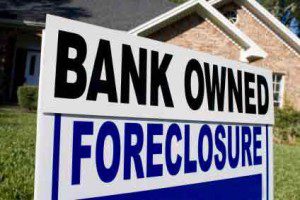The tough housing market is expected to continue to be a drag on the state’s tax collections even after the economy begins to pick up in future years, according to forecasters.
There were few changes Tuesday in what state economists believe will happen with property values for the coming fiscal year, which begins July 1. Forecasters met and moved the expected growth rate for taxable property values up to 0.83 percent. That’s a few ticks up from 0.75 percent — and both are negligible changes that aren’t expected to produce much revenue.
That number will be used to figure out how much counties are likely to pay the state in the “required local effort” that is distributed as part of the main formula for public school funding.
And forecasters also anticipate slow growth in property values over the next two or three years, with things picking up to somewhere around 3 percent a year.
The lag is caused by a surge in foreclosure filings that have swamped the courts; properties that go into foreclosure now take as much as two and a half years to go from filing to the market. Many of the foreclosures that happened as the housing crisis was roiling Florida still aren’t showing up in the numbers.
“The worst years are really ahead of us in terms of hitting the marketplace,” said Amy Baker, coordinator for the Legislature’s Office of Economic and Demographic Research.
She suggested during the meeting that foreclosures could still be putting pressure on property tax revenues as late as the 2016-17 budget year. After the meeting, Baker told reporters that more homeowners could also use short sales to try to get rid of homes instead of going through foreclosure.
“At some point we think short-sales in Florida are going to pick up,” she said. “They haven’t yet.”
Short sales can sometimes drive down the assessed values of homes.
But the forecasters also took into account factors that could offset the increase in foreclosures, including new residents moving into the state and the so-far slow recovery.
“Migration is going to be picking up,” said Don Langston, an economist with the House, during the meeting. “The demand side is going to be … notably stronger.”
by Brandon Larrabee



